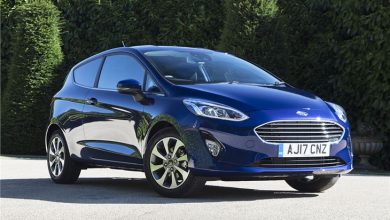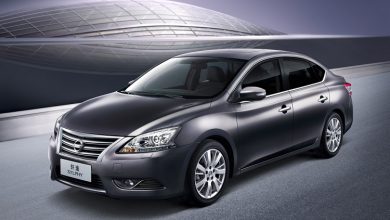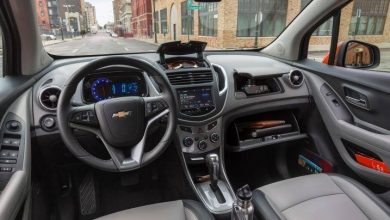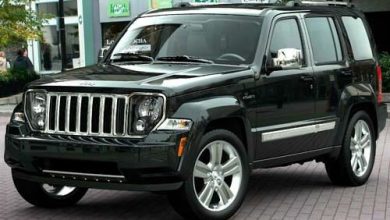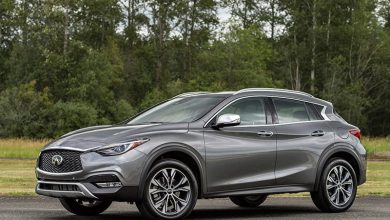Automobile
Inside The New Ford 150

The 2020 Ford F-150 is a Ford vehicle with qualities that buyers value. Here’s some essential details of the Ford F-150 and its features.
Basics And MSRP
The 2020 Ford F-150 has a base MSRP of $26,730. It has an aluminum body and bed. The basic specifications consist of the base 3.5-liter V-6 motor. The truck comes with the 2.7-liter turbo V-6 or you can upgrade to the 5.0-liter V-8. The F-150 can seat 3 – 6 passengers.
The lowest curb weight for the 4 X 2 is approximately 4,051 pounds. The highest payload for a completely fitted version is 3,270 pounds. It can haul up to 12,200 pounds when fully outfitted.
Features
The Ford F-150 comes with various one of a kind features.
The base model includes:
- 6-speed shift-able automatic transmission
- Rear Wheel Drive
- Flex-fuel engine
- Heated seats
- Surface temperature display
- Electric power steering
- Ventilation systems
- Four speakers
Additional add-on features include”
- LED lighting
- 8-inch productivity display screen
- SYNC 3 innovation (you can navigate and make calls all at the push of a button and the sound of your voice to follow)
- Bluetooth audio syncing to mobile phones
- Touch screen
- XM antenna (which allows you to interface with SiriusXM)
- Traffic and Travel Link
The vehicle has a 5-star crash test rating. This makes it one of the overall most secure cars in its class.
To support functions you will do with the truck, you have the Pro Trailer Backup Assist and Electronic-Locking Rear Differential. This additionally incorporates the split-view display screen and the 360-degree camera. It helps in keeping you aware of what’s happening behind you from all points and to improve towing over a challenging landscape.
How It Measures Up Against The Competition
Because of its smart towing support technology, the Ford F-150 is known as one of the most secure trucks in its class. For instance, the electronic-locking rear differential ensures that both back tires get traction. This allows you to get first class traction even when going off-road.
The F-150’s main competition is Chevrolet, which does not have the same features. Lots of comparisons always come up between the 2020 Chevrolet Silverado and the 2020 F-150. The Ram 1500 is also a good comparison, but does not meet the same standards as the F-150.
Compared to these vehicles the F-150 does better than its competition in regards to:
- full power,
- adaptability, and
- space in the bed.
- Massage feature
According to some reviews, other trucks have better cabins with more impressive features. Some prefer the competition because of the ride and steering abilities. Some prefer the luxurious seating in the Ram or the way that the Silverado utilizes space. In the end, the F-150 is the better vehicle.
Fuel Efficiency
To drive within a city with the 4X4 Payload Package, the Ford F-150 gets 18 miles per every gallon. It uses up 24 mpg on a highway, and uses 21 mpg on average.
Advantages And Disadvantages
It is a great advantage that the 2020 Ford F-150 gives you efficient and turbocharged choices for the V6. The aluminum body additionally eliminates the weight which implies that you get good ratings for any payload you may want to put in the back and for any towing you want to do. The truck additionally has some of the best crash test scores for its class. With regards to comfort, safety, and luxury, you get a broad range of features. Its expansive and comfortable seats are also a plus point.
One of the drawbacks to the vehicle is that repairing the aluminum boards on the body is pricier, than if it was made of steel. Another is that the ride can be somewhat rough when there’s nothing in the flatbed. Furthermore, some critics have stated that the EcoBoost innovation in the vehicle as a bit of an overrated addition. Feedbacks like how the brakes are too sensitive and jump at the smallest touch have been reported about the truck’s performance as well.
Overall the 2020 Ford F-150 is a great truck. If you are still wondering if it is the right car for you, you should head over to a Ford dealer to learn more about it and take it for a test drive.
